Article
Chinese Canadians
Chinese Canadians are one of the largest ethnic groups in the country. In the 2021 census, more than 1.7 million people reported being of Chinese origin. Despite their importance to the Canadian economy, including the construction of the Canadian Pacific Railway (CPR), many European Canadians were historically hostile to Chinese immigration. A prohibitive head tax restricted Chinese immigration to Canada from 1885 to 1923. From 1923 to 1947, the Chinese were excluded altogether from immigrating to Canada. (See Chinese Immigration Act.) Since 1900, Chinese Canadians have settled primarily in urban areas, particularly in Vancouver and Toronto. They have contributed to every aspect of Canadian society, from literature to sports, politics to civil rights, film to music, business to philanthropy, and education to religion. This is the full-length entry about Chinese Canadians. For a plain-language summary, please see Chinese Canadians (Plain-Language Summary).


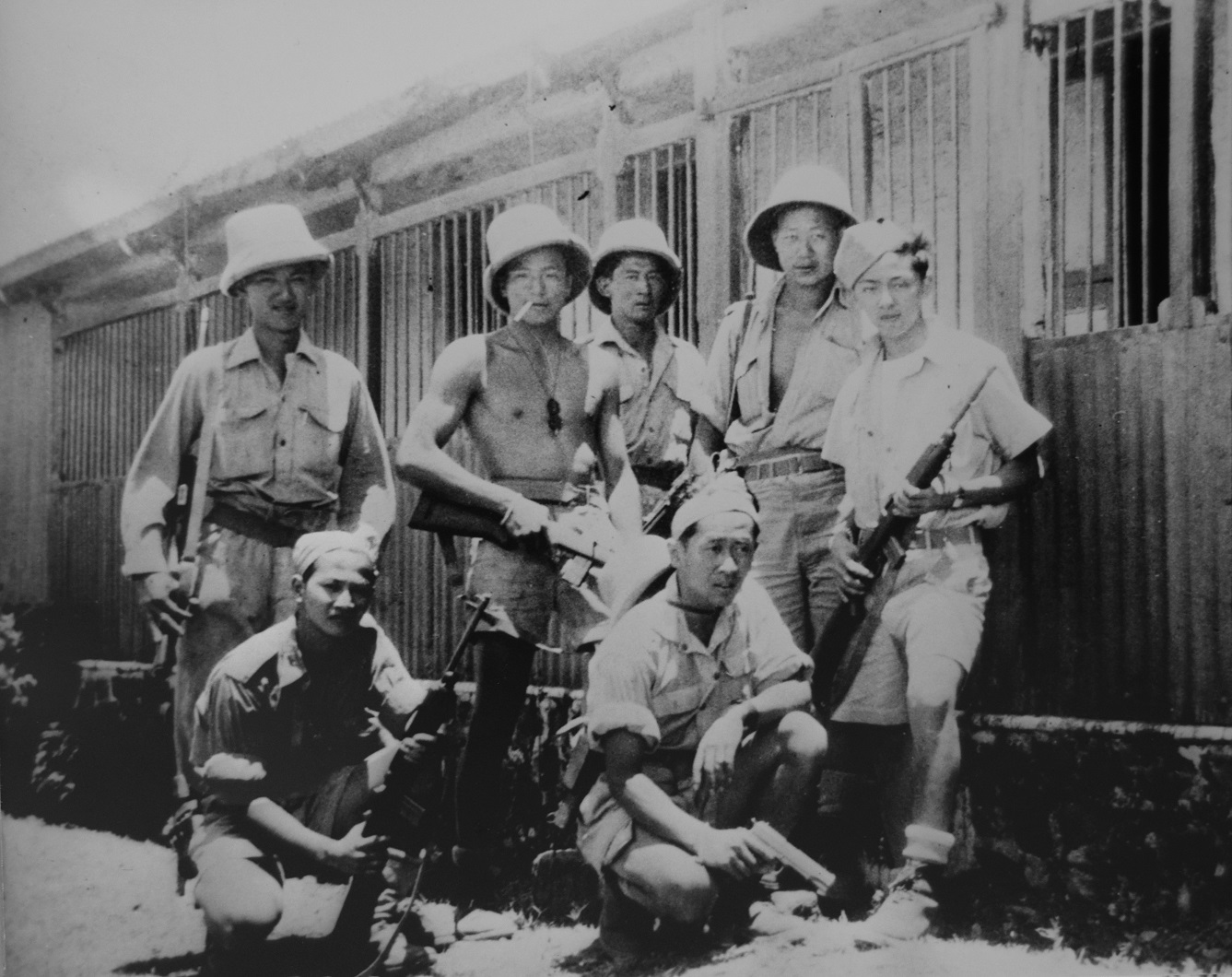

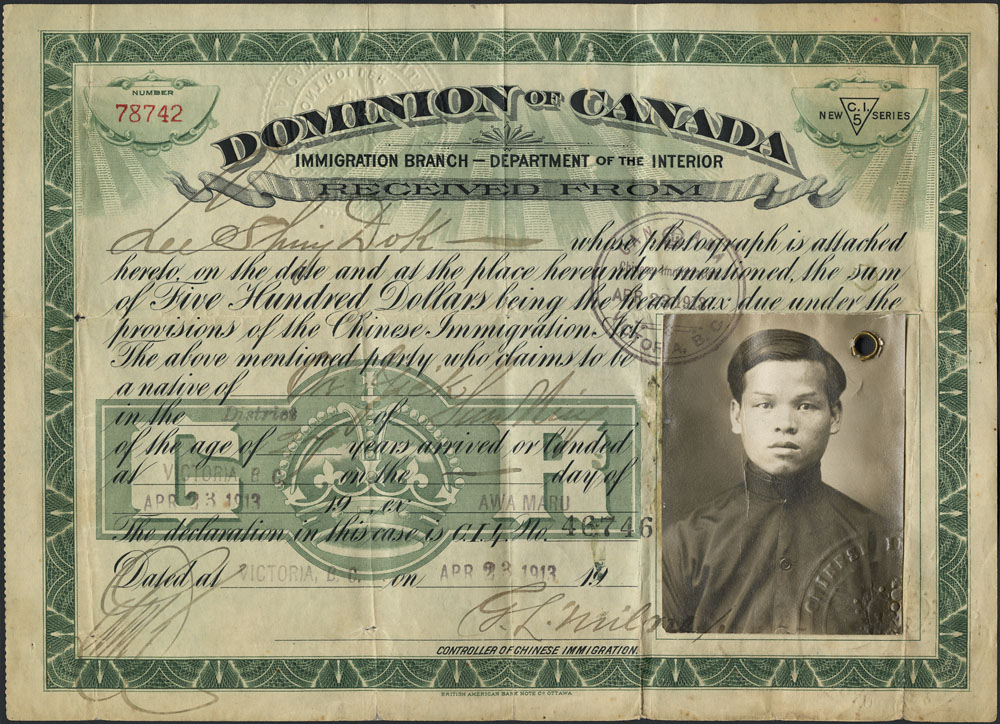
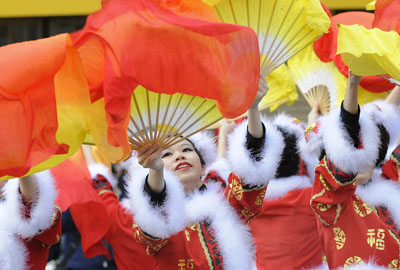
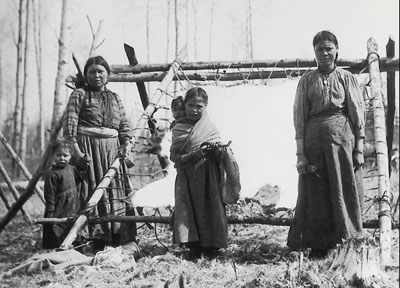
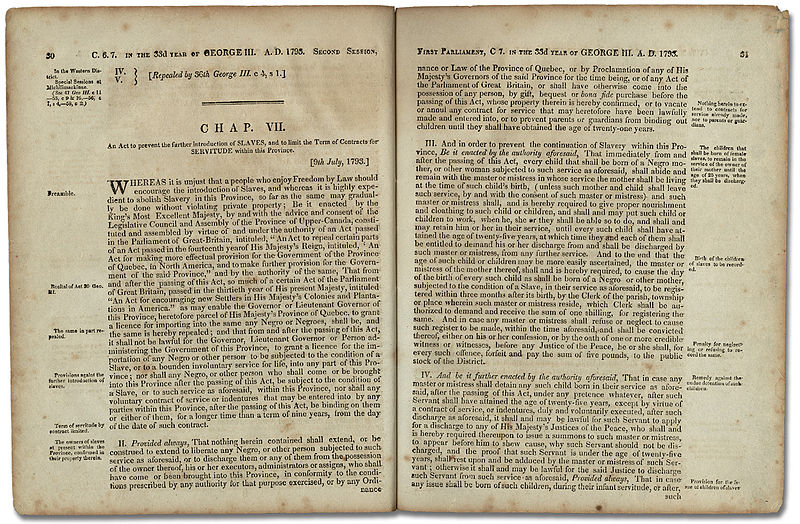



.jpg)
